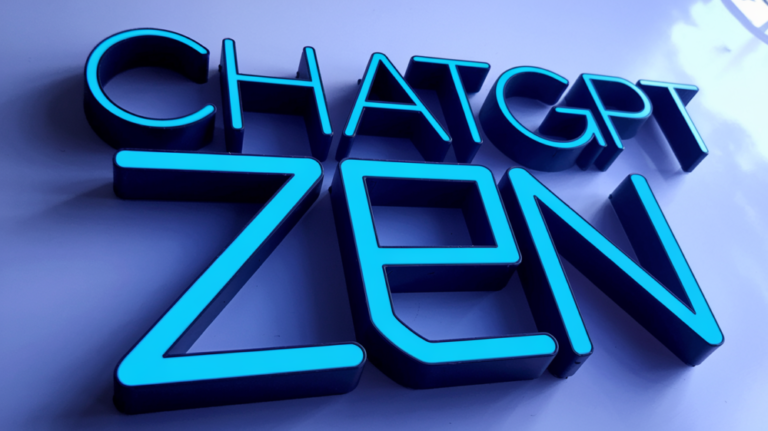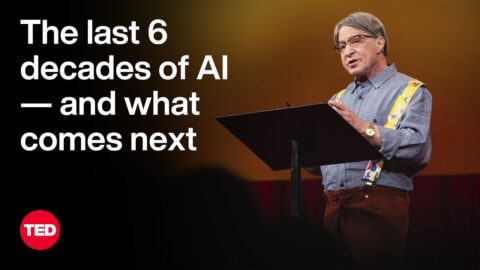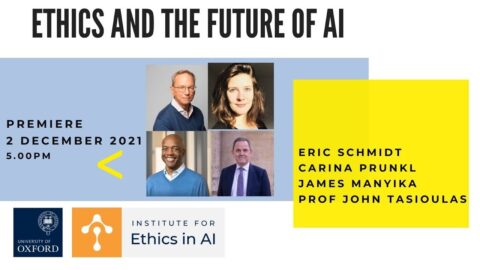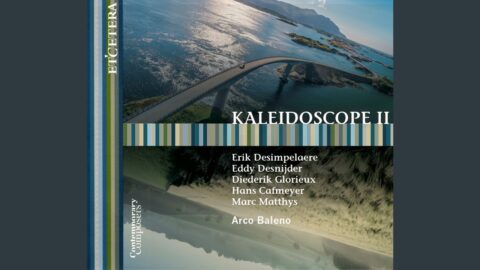#ai #galactica #meta
Galactica is a language model trained on a curated corpus of scientific documents, such as papers, knowledge bases, reviews, and other articles. The model can be used in a generative fasion to assist scientific writing, do reference prediction, and much more, including a new approach to do step-by-step reasoning using a clever encoding of intermediate steps. This video explains the paper, but also dives into the drama that ensued once Meta released a public demo of the model.
OUTLINE:
0:00 – Introduction
1:30 – Drama around the public demo
16:00 – Start of paper review
20:30 – Dataset construction and encoding
23:30 – Encoding step-by-step reasoning using a scratchpad
33:00 – Modelling scientific references & citations
35:05 – Prompt Pre-Training
37:10 – Architecture details
38:30 – Experimental results
49:20 – Conclusion
Paper:
Website:
Abstract:
Information overload is a major obstacle to scientific progress. The explosive growth in scientific literature and data has made it ever harder to discover useful insights in a large mass of information. Today scientific knowledge is accessed through search engines, but they are unable to organize scientific knowledge alone. In this paper we introduce Galactica: a large language model that can store, combine and reason about scientific knowledge. We train on a large scientific corpus of papers, reference material, knowledge bases and many other sources. We outperform existing models on a range of scientific tasks. On technical knowledge probes such as LaTeX equations, Galactica outperforms the latest GPT-3 by 68.2% versus 49.0%. Galactica also performs well on reasoning, outperforming Chinchilla on mathematical MMLU by 41.3% to 35.7%, and PaLM 540B on MATH with a score of 20.4% versus 8.8%. It also sets a new state-of-the-art on downstream tasks such as PubMedQA and MedMCQA dev of 77.6% and 52.9%. And despite not being trained on a general corpus, Galactica outperforms BLOOM and OPT-175B on BIG-bench. We believe these results demonstrate the potential for language models as a new interface for science. We open source the model for the benefit of the scientific community.
Authors: Ross Taylor Marcin Kardas Guillem Cucurull Thomas Scialom Anthony Hartshorn Elvis Saravia Andrew Poulton Viktor Kerkez Robert Stojnic
Links:
Homepage:
Merch:
YouTube:
Twitter:
Discord:
LinkedIn:
If you want to support me, the best thing to do is to share out the content 🙂
If you want to support me financially (completely optional and voluntary, but a lot of people have asked for this):
SubscribeStar:
Patreon:
Bitcoin (BTC): bc1q49lsw3q325tr58ygf8sudx2dqfguclvngvy2cq
Ethereum (ETH): 0x7ad3513E3B8f66799f507Aa7874b1B0eBC7F85e2
Litecoin (LTC): LQW2TRyKYetVC8WjFkhpPhtpbDM4Vw7r9m
Monero (XMR): 4ACL8AGrEo5hAir8A9CeVrW8pEauWvnp1WnSDZxW7tziCDLhZAGsgzhRQABDnFy8yuM9fWJDviJPHKRjV4FWt19CJZN9D4n










